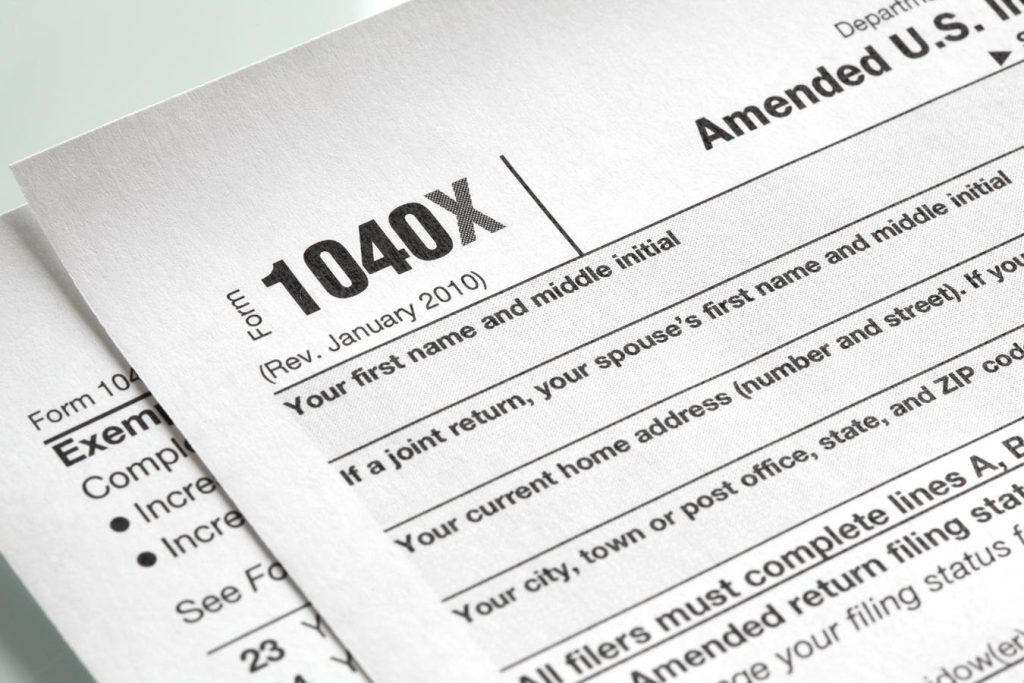In recent years, the IRS has been imposing accuracy-related penalties on taxpayers who file incorrect tax returns. These penalties can amount to 20% of the underpayment of tax attributable to the erroneous reporting position. While taxpayers can potentially avoid these penalties by being proactive and filing an amended return, a recent court decision in the case of Lamprecht highlights that not all amended returns qualify for penalty protection under the “qualified amended return” procedures.
According to section 6662 of the Code, the IRS can levy accuracy-related penalties for errors related to negligence, disregard of rules or regulations, and substantial understatements of tax. The negligence penalty applies if a taxpayer fails to make a reasonable attempt to comply with tax laws, while the penalty for disregard of rules or regulations applies if a taxpayer acts carelessly or recklessly. The substantial understatement of tax penalty is purely computational and is triggered if the understatement exceeds certain thresholds.
However, these penalties can be avoided if the taxpayer can demonstrate reasonable cause or correct the improper reporting through a qualified amended return. A qualified amended return is one that meets certain requirements, such as not being fraudulent and being timely filed. An amended return is considered timely if it is filed before certain events occur, such as the initiation of a civil or criminal investigation by the IRS.
The Lamprecht case involved Swiss citizens who were United States residents and had millions of dollars in a Swiss bank account that they underreported on their tax returns. The taxpayers filed amended returns in 2010 to report the omitted income from the foreign accounts and paid the back taxes owed. However, the IRS issued a Notice of Deficiency in 2015, claiming that the taxpayers owed approximately $500,000 in accuracy-related penalties. The taxpayers challenged the penalties in Tax Court but were ultimately held liable.
The D.C. Circuit Court of Appeals upheld the Tax Court’s decision, ruling that the amended returns filed by the taxpayers did not meet the requirements of a qualified amended return. The court determined that the taxpayers had filed the amended returns only after the IRS had initiated a John Doe summons related to UBS bank accounts, which was a class of taxpayers who had underreported their income using UBS accounts. Therefore, the taxpayers were liable for the accuracy-related penalties, despite their efforts to correct the underreported income through amended returns.
This case serves as a cautionary tale for taxpayers who may seek to mitigate accuracy-related penalties through amended returns. It highlights the importance of understanding the requirements for a qualified amended return and filing timely to avoid potential penalties. Taxpayers should consult with tax professionals to ensure compliance with IRS regulations and minimize the risk of facing accuracy-related penalties in the future.


